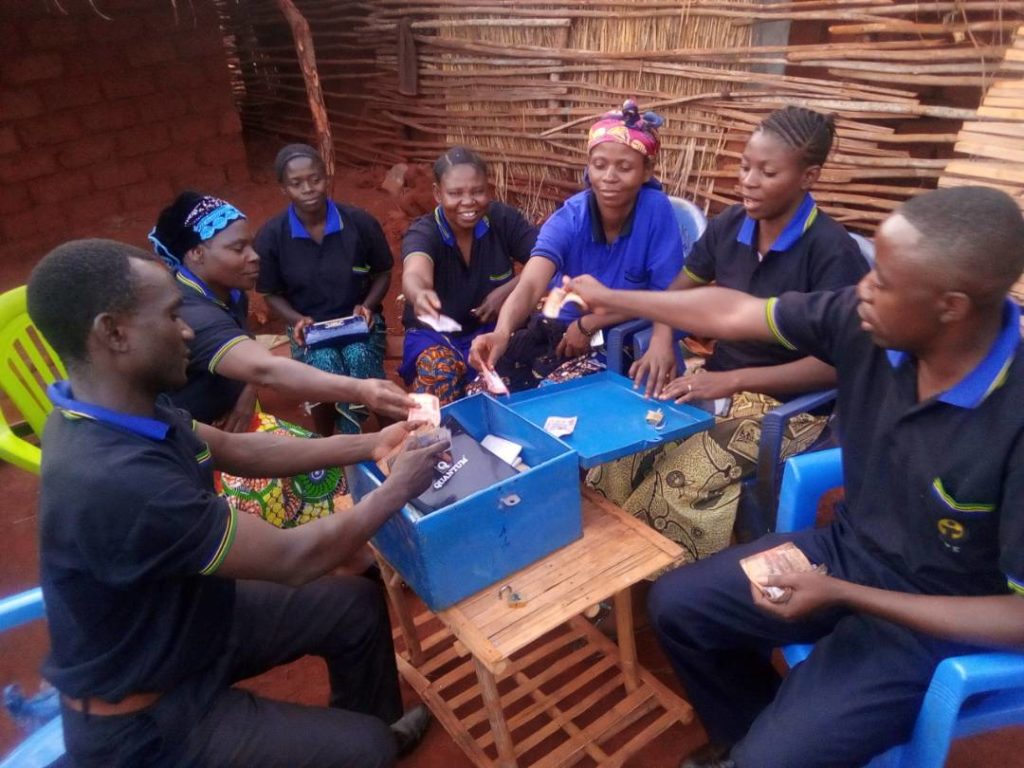By Aneth George and Caleb Wafula
There are an estimated 25.4 million refugees in the world today. From Nyarugusu refugee camp in Tanzania to Zaatari refugee camp in Jordan, the number of refugees and asylum seekers continues soaring each passing year.
With no end to the migration crisis in sight–and a reality that the vast majority of refugee families will be displaced for years in camps or countries of first asylum–CWS is working to shift the paradigm of humanitarian assistance to provide support that goes beyond food and shelter and promotes sustainable livelihoods for the displaced. Working under the REFLECT project in Nyarugusu refugee camp in Tanzania, which targets 117 “beneficiaries,” CWS is helping refugees and asylum seekers gain independence and self-reliance through innovative, localized and profitable solutions.
The project covers three main components: adult functional literacy and life skills training, vocational training and provision of startup capital to the refugees who are enrolled in the program. Additionally, every Monday all beneficiaries undergo agricultural training and are set up with a savings account through Village Savings and Loans Association (VSLA) to help them save to invest in better futures for themselves and their families.
Refugees in the program say that it has been transformative. Bora Shomari, a 25 year-old single parent of 2 children says “CWS has been of immense help in my life and family at large. This is due to different skills and knowledge I obtain while I am a student under REFLECT project. Before joining this project I was just at home doing nothing and depending everything from UNHCR but currently am doing a tailoring business. In addition, by participating in the VSLA where I borrowed 10000TZs ($4.38) I have been able to start my small business of selling tomatoes during market days to support my family.”
The loan Sarafina Saidi received, a widow with 5 children, has allowed her to buy and sell peas and flour and grow a garden for income to support her family. “Through the kitchen garden my income has increased due to selling of vegetables like cabbages as well as increased food and nutrition diversity from the different varieties of vegetables.”
Sarafina adds, “Sincerely things are not the same at all and my life together with my family has changed a lot because recently I managed to rehabilitate my house. My great appreciation goes to CWS for this project and request to continue helping other refugees because life without CWS would be worse as before I was not able to provide for my children.”
With Harris Katembo’s loans, the widower and father of two was able to build a shelter and construct a saloon within the camp. He also plans to build a bakery to bake and sell fresh bread.
“I thank CWS for this project because I did not know what to do to sustain this life, but when I heard about CWS I decided to join so that I can improve my level of literacy and life skills to sustain my economy hence improve my family living standard.”

